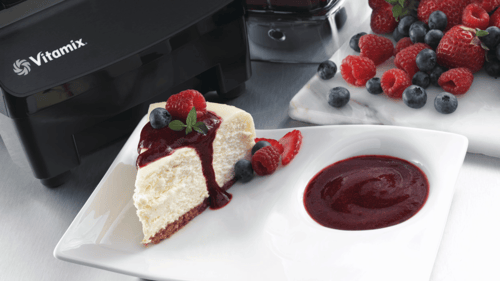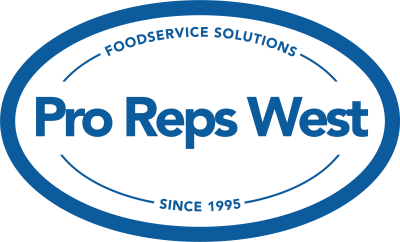Mastering Food Safety in Refrigeration and Ice Machines

Food safety is a fundamental concern within the foodservice industry, and the role of commercial refrigeration is pivotal in ensuring a safe and pathogen-free environment. Given the significant risks associated with cross-contamination and spoilage, operators must be vigilant in their refrigeration practices.
Additionally, addressing an often forgotten but also potentially harmful threat, the ice machine is also critical. Neglecting its maintenance can lead to complications that can make customers sick.
The Significance of Adequate Refrigeration
Germs and pathogens are everywhere. So getting rid of them thoroughly, especially from food, is a formidable challenge. Bacteria and mold tend to thrive in warm, moist environments. Although mold can endure in cold temperatures, its ability to increase significantly decreases in cooler conditions, underscoring the importance of refrigeration.
The "danger zone" for food safety exists within the temperature range of 40 to 140 degrees Fahrenheit, a range conducive to bacterial growth. Maintaining refrigeration below the 40-degree mark effectively slows down bacteria, which contributes to food safety preservation.
Regular Maintenance and Cleaning
A prudent approach to minimizing the potential for bacterial growth involves maintaining a clean and sanitized environment. This includes implementing a comprehensive cleaning schedule to prevent walk-in coolers and freezers from harboring harmful elements. In addition, diligent product rotation and immediate cleanup of spills and leaks are essential in averting cross-contamination.
Refrigeration maintenance is another critical aspect. Over time, the internal components of a refrigerator can accumulate dirt, leading to inefficient performance. Such inefficiency can result in fluctuations in the interior temperature, potentially causing it to rise. Regular maintenance inspections help identify potential issues and ensure that the refrigerator consistently operates at peak efficiency.
Best Practices for Ice Handling
Misconceptions about ice safety often stem from the belief that its cold temperature safeguards against bacterial contamination. This assumption overlooks the fact that pathogens can persist on ice, albeit in a dormant state. Subsequently, these pathogens can revive and increase when ice thaws in warmer environments, such as within beverages. It's worth noting that ice is classified as a food product by the U.S. Food and Drug Administration (FDA), necessitating careful handling and maintenance by operators.
Preventing ice storage contamination is paramount. Employing an ice machine equipped with water filtration systems can facilitate clean ice production. For instance, Scotsman ice machines are renowned for delivering high-quality results while demanding minimal maintenance.
Common sources of ice contamination include improper handling by employees, such as using dirty hands when handling ice or unintentionally transmitting pathogens through coughing or direct contact with the ice. Therefore, it is important for operators and managers to establish protocols for ice handling. Simple measures, like storing ice scoops in sanitizing baths to eliminate germs between uses or discarding leftover ice at the end of the day to create a fresh batch, can be effective in maintaining ice safety.
Managing Ice Machines
In addition to proper ice handling, cleaning and sanitizing ice machines is essential. This practice ensures that any pathogens that may have entered the machine can be effectively eliminated before they cause an outbreak.
Automatic ice machines that do not require hand scooping can generally go longer between cleanings. It is also vital for workers to routinely inspect intake valves and vents to remove dust, dirt, and other particles that could potentially contaminate the ice.
For ice machines that dispense into a container and require scooping, a more frequent cleaning schedule is warranted, typically monthly or bimonthly, depending on usage. Due to the elevated risk of contamination, workers should be diligent and proactive in maintaining these machines.
.png?width=3013&height=1826&name=PRW%20Badge%20White%20BG%20(1).png)




